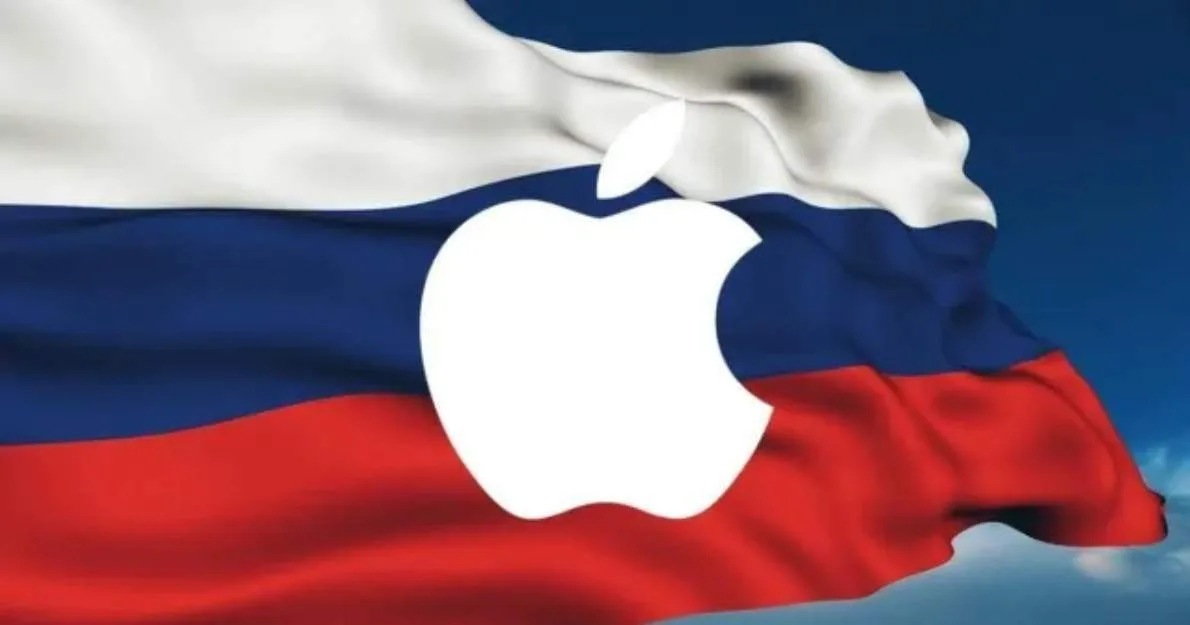Apple and other big tech companies from Western countries have made extensive efforts to reduce their business with Russia following the invasion of Ukraine.
According to Professor Jeffrey Sonnenfeld’s research team at Yale Chief Executive Leadership Institute, more than 400 companies have declared their withdrawal from Russia.
Apple stopped product sales and exports, limited services like Apple Pay and removed the Russian state news outlets RT News and Sputnik News from the Apple Store outside Russia.
Much of Chinese consumers’ concern has been focused on Apple, which like Google, Microsoft and other tech giants moved quickly to curb its Russia business after President Vladimir Putin invaded Ukraine on Feb. 24.
Officials in China reject any comparison between Taiwan, Ukraine and Russia. They claim that Ukraine is an independent nation. However, some Chinese online commentators have criticised Apple’s actions in Russia. They said that China should be prepared for similar tactics.
The global reaction to Russia’s invasion in Ukraine and it’s response have been closely monitored in Asia. There are long-standing tensions between China, the self-ruling Island of Taiwan which Beijing claims as its territory, and China.
One user asked on Zhihu, a Chinese social media platform similar to Quora, “If one day China finally decides to liberate Taiwan, who can guarantee that our own iPhones won’t get deactivated?
Kendra Schaefer, head of tech research at Trivium, a policy research team based in Beijing says its a very different story than what is happening in Russia.
“The question would be, does pulling out of China mean that Apple not only loses its customers, but all of its customer data completely?” she said.
Schaefer also noted that Chinese regulations require Apple to store Chinese customers’ data on servers within the country.
Angela Zhang, director of the Center for Chinese Law at the University of Hong Kong says, the U.S. sanctions on Huawei and ZTE during the Sino-U.S. trade war already abruptly awoke Chinese policymakers about the importance of technological self-sufficiency.
“It could take decades for China to catch up with the United States and Taiwan in the manufacturing of semiconductors and other essential components of electronic devices.”
“It is also very costly, if not impossible, to achieve complete self-sufficiency of many hardcore technologies, which involve a very long and complicated supply chain,” says Zhang.
China had a national strategy for “tech independence” before the conflict in Ukraine. It was focusing on indigenous innovation and recruiting overseas talent.
Zhang stressed the importance of this strategy in recent years, as the Trump and Biden administrations tightened U.S. sanctions on Chinese tech giants such as Huawei or ZTE they deem to be threats to national security.
Russia’s isolation from Apple and other companies has led to increased calls for China to be tech independent from the West. This is sometimes called the “great decoupling.”
Zhang says now he’s really worried that if anything happened, a company like Apple would deactivate my phone and my data.
Russia’s invasion in Ukraine on has led to a growing number governments asking large tech companies to limit or reduce their services to Russia. In March 2022, the Baltic countries and Poland asked Big Tech companies to “take a stand against Russia.”
Growing list of tech companies announcing their withdrawal of services from Russia
A growing number of tech companies, from social media giants to video game publishers and chipmakers, are stopping business with Russia as a result of the invasion of Ukraine.
- Intel
- Sony
- Apple
- Microsoft
- Cisco
- Coinbase
- Paypal
- Meta
- Tiktok
- Snapchat
- Airbnb
- Netflix
- Nokia
- Oracle
- Ericsson
- SAP
- Qualcomm
Companies have also responded in other ways, including cracking down on misinformation and reducing the online presence in Russia.







